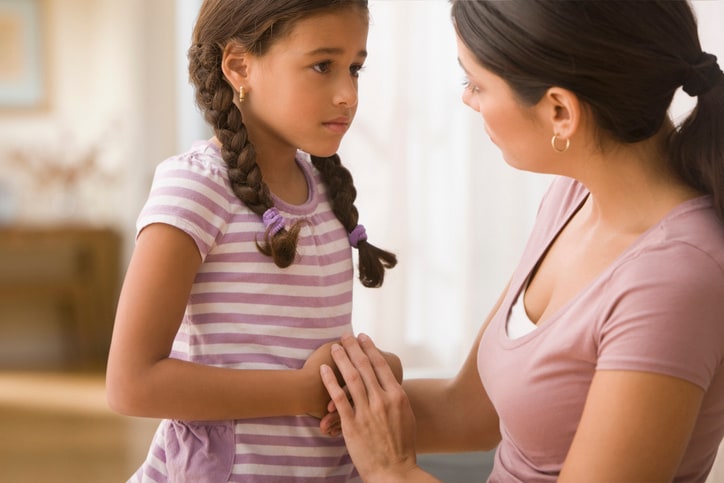It’s shocking to hear that a close friend has been diagnosed with cancer. Especially when he or she is young, active, and a parent. You know that this will be both emotionally and physically draining and that there will be the issue of juggling treatment, kids, and daily stresses all while being sick.
Young people diagnosed with cancer face unique challenges. Often, they are the youngest person in the waiting room and are surrounded by people who have no frame of reference for what they’re going through. In addition to fertility, sex and intimacy, and body image challenges, they experience isolation. Online support groups like Cancer Chat Canada can be incredibly valuable.
Friends typically rally around asking what they can do. Besides pray — to whomever — to make it go away, it’s hard to know how to help. Here are 8 ideas for how you can support your friend as they face this disease head on.
1. Be a Health Buddy
Cancer patients are overwhelmed by information and emotions caused by endless treatments and doctor appointments. Be their eyes, ears and brain by attending doctors’ appointments or handling time-consuming healthcare and insurance tasks. Sit with them in the waiting room, join them for a cup of coffee right before, and be there in appointments to be their CNT or Chief Note Taker.
2. Take Their Mind Off Cancer
No matter how well-intentioned, talking about cancer gets old quickly for someone whose life is already consumed by the disease. Let your friend know that you are there to listen and allow them to take the lead about the discussion. They may welcome hearing funny stories or having a fun outing just to take their mind off the illness.
3. Offer Specific Help
Assume that your friend needs you and is either reluctant to ask or unable to articulate their needs. Saying “if you need anything, call me” puts the burden on the patient. We suggest you offer pragmatic things such as driving carpool, making dinner (create a schedule for the family so people won’t prepare tuna noodle casseroles six nights in a row!), doing the laundry or taking the kids for an overnight. And with their anti-bodies (and energy) at an all-time low, she’ll need a healthy meal and a clean home more than ever. See if you can find a cleaning person to work around her treatment schedule. This might be a gift a few friends can chip in on.
4. Help Find a Great Wig
Before chemo, take them to start looking for a wig to match their hair color, texture and style. Since a good wig can be very expensive, consider taking up a collection from friends. Nonprofits like the Canadian Cancer Society provide wigs, prostheses and mastectomy bras to women who can’t afford them. You can also arrange for girlfriends to donate hair to Beautiful Lengths to support the production of quality wigs — and to show support.
5. Get Pictures Taken
Now might not seem like the best time for a glamour shoot, but before your friend loses their hair, gains or loses weight depending on the drug side-effects, and feels run down, try arranging a family photo shoot, either professional or from a friend.
6. Respect Their Care Decisions
While it may be tempting to bombard them with well-meaning advice, offer to share additional or alternate resources only if they want them. You don’t want them to feel like you’re taking away their connection to the doctor by questioning their opinions.
7. Establish an Online Information Warehouse
Answering the same questions about treatment, diagnosis and/or prognosis can be exhausting and time-consuming. Offer to set up a Facebook page or blog where friends and associates can go for updates.
8. Holiday Help
If it’s the holidays and you want to offer a friend a little extra support, have a read of Cancer Knowledge Network’s article Creative Holiday Tips for Caregivers.
9. Don’t Disappear
The trauma of having cancer doesn’t go away when treatment ends. Even if they recover, your friendship is still crucial.
How to Help a Friend Battling Cancer



